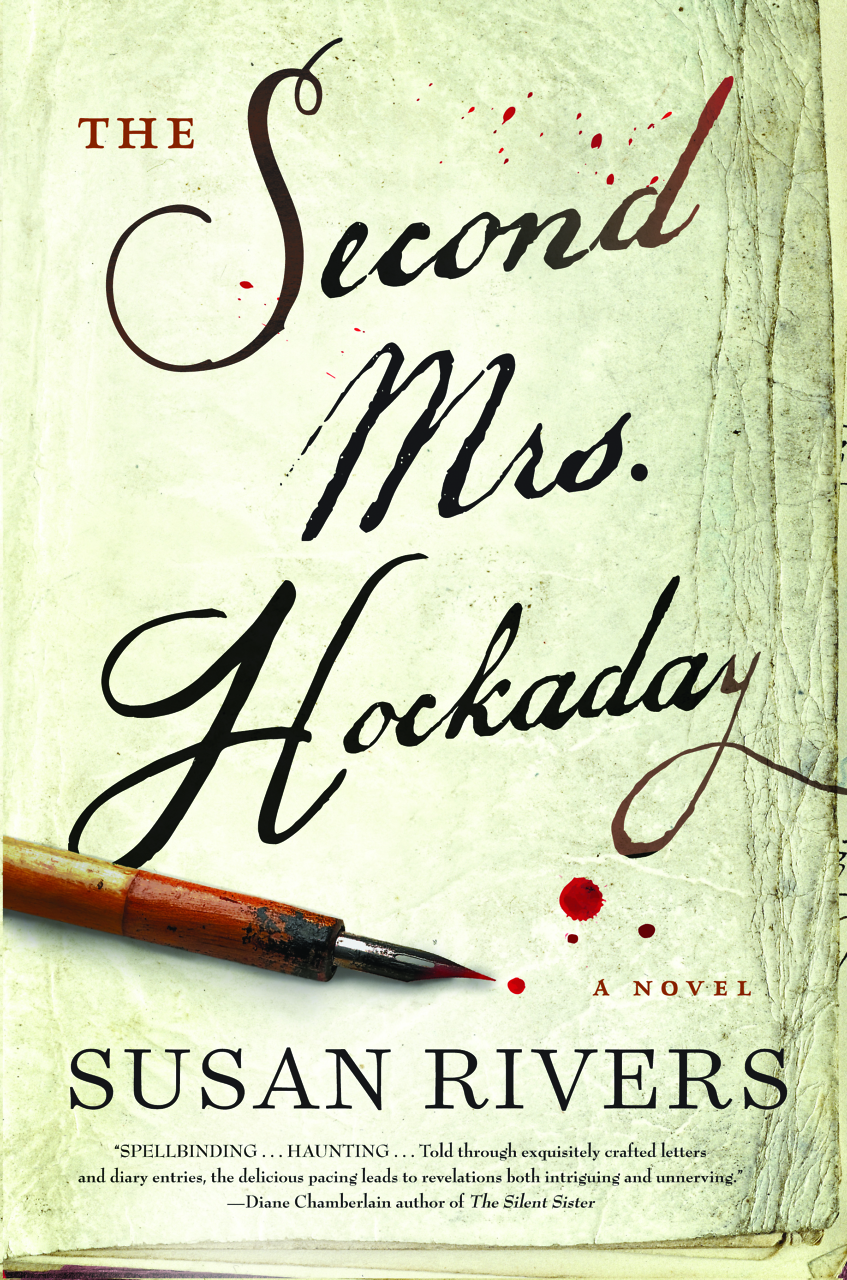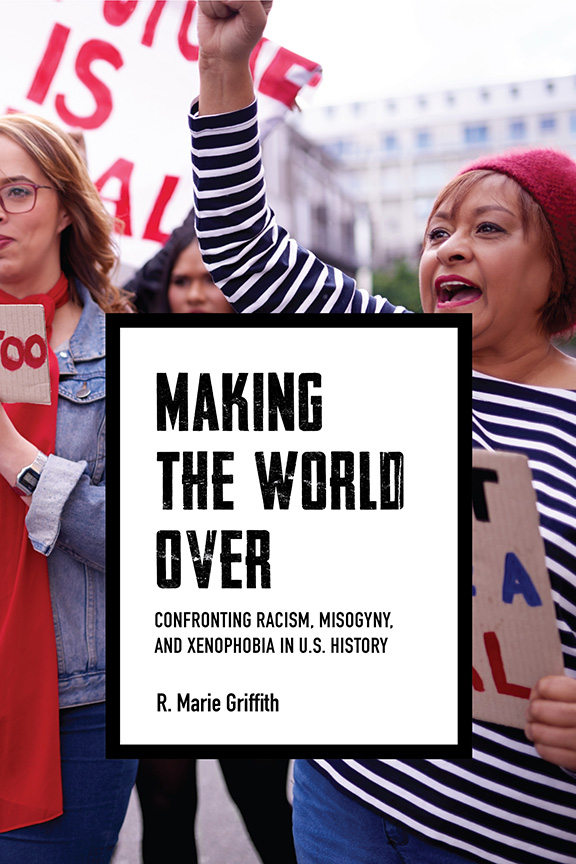Life in Full Color
In Raymond Barfield’s new novel, a young woman accepts her simple life and flawed neighbors as they are, and the result is an unusual love story
Yslea, narrator of Raymond Barfield’s The Book of Colors, is a nineteen-year-old African-American girl living in a North Memphis women’s shelter. One muggy afternoon she walks past three row houses, each with an occupied porch, and asks for a glass of water. The outside sofas, she observes “were tilted but stable, like everything else in my life at the time.” After she wanders through the neighborhood a few more times, good-looking Jimmy asks her to stay, so she walks right up on his porch to join him and the other occupants of the row—Rose, Layla, and Ambrosia—in their usual porch-sitting. And she doesn’t leave.
 Yslea, despite being raised by a crack-addicted mother amid the kind of instability that addiction often fosters, has survived mostly unscathed. She is a sensitive young woman, and though she lacks much formal education, she is resourceful and intelligent, with good instincts and a strong sense of self. As a little girl, Yslea recalls, she would lie “on the floor looking down through the heating grate and it was a whole other world down there, safe, where things collected along with dust, and the part I could see was like the first part of a path that disappears into a forest.” The adults around her missed the whole point of this exercise: “They didn’t see that I had my mind and heart down there where no one else ever looked.” This innate inner focus seems to have protected her into adulthood.
Yslea, despite being raised by a crack-addicted mother amid the kind of instability that addiction often fosters, has survived mostly unscathed. She is a sensitive young woman, and though she lacks much formal education, she is resourceful and intelligent, with good instincts and a strong sense of self. As a little girl, Yslea recalls, she would lie “on the floor looking down through the heating grate and it was a whole other world down there, safe, where things collected along with dust, and the part I could see was like the first part of a path that disappears into a forest.” The adults around her missed the whole point of this exercise: “They didn’t see that I had my mind and heart down there where no one else ever looked.” This innate inner focus seems to have protected her into adulthood.
But having lost her mother—her only family—at a young age, Yslea doesn’t hesitate to attach herself to a new home base. Yslea’s new makeshift family, like many blood families, is bound more by proximity and necessity than by common interests or true affection. Restless Jimmy has a steady job as a butcher and big dreams. He sees his home computer as his ticket out of his current hardscrabble situation; the hypnotic promise of the Internet is where he looks for answers for every obstacle he encounters. Rose, meanwhile, is a big, commanding presence trapped in a dying person’s diminished body. The bond she shares with Yslea is simple but strong: she even asks Yslea to dress her after she dies. As Jimmy grows increasingly preoccupied with his computer, Yslea—now pregnant—moves in with Rose.
Layla and Ambrosia occupy the third house. Yslea says she is “just amazed sometimes at how two people can be so different as me and Layla. It’s like the difference between a full moon and no moon.” While no-moon Layla appears utterly blank, her daughter, Ambrosia, is apparently autistic, spending her days rocking and thumbing endlessly through the pages of her little Book of Colors, a trinket she received from a neighborhood church. Though nothing about the two or their relationship makes sense to her, Yslea ultimately takes their burdens as her own, just as she has done with Rose.
In his quest to escape his current situation, Jimmy masterminds an unsavory scheme that further alienates him from Yslea and Rose, and also jeopardizes Layla and Ambrosia’s safety. As the situation spirals out of control, Yslea, though the newest member of their little tribe, is its stalwart: “I used to think that the opposite of love was hate,” she thinks, “but I was starting to think the opposite of love might be running away in the middle of things that ought to feel like they are yours.” Her love is a balm to all of them.

Kathryn Justice Leache is a freelance writer who lives with her family in her hometown of Memphis. Her life among books has included work as a librarian and stints as a bookseller at Square Books in Oxford, Mississippi, and The Booksellers at Laurelwood in Memphis.


